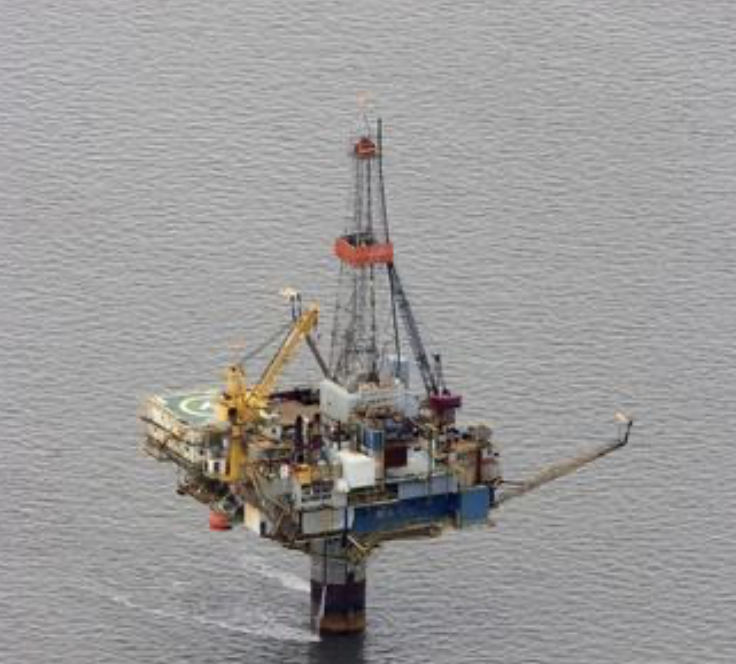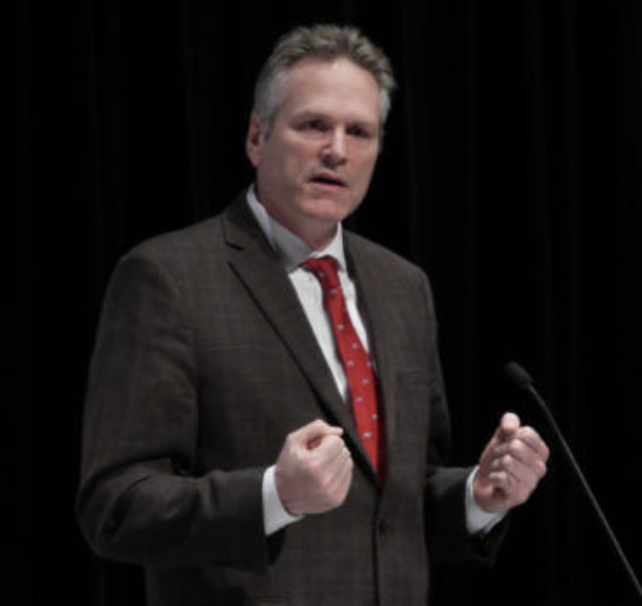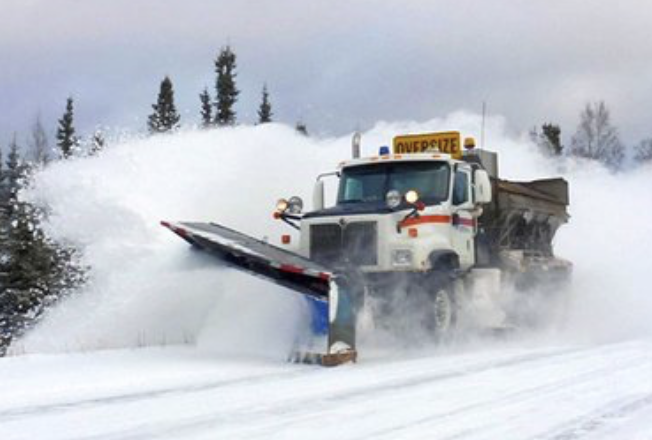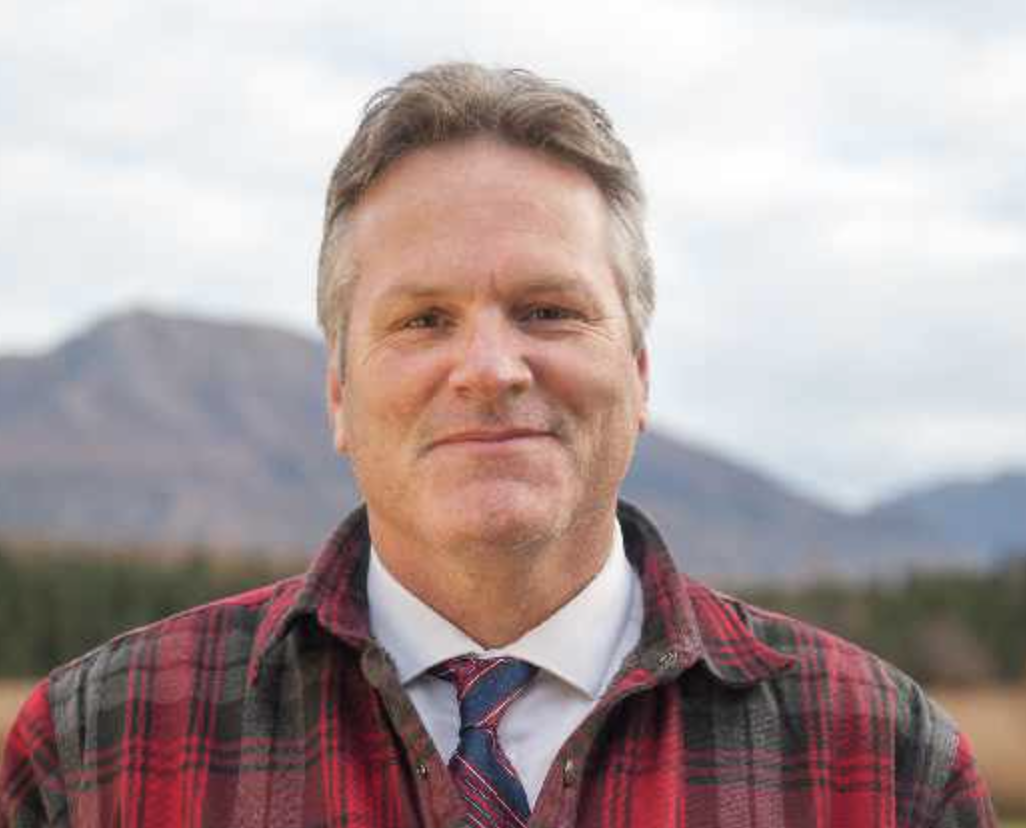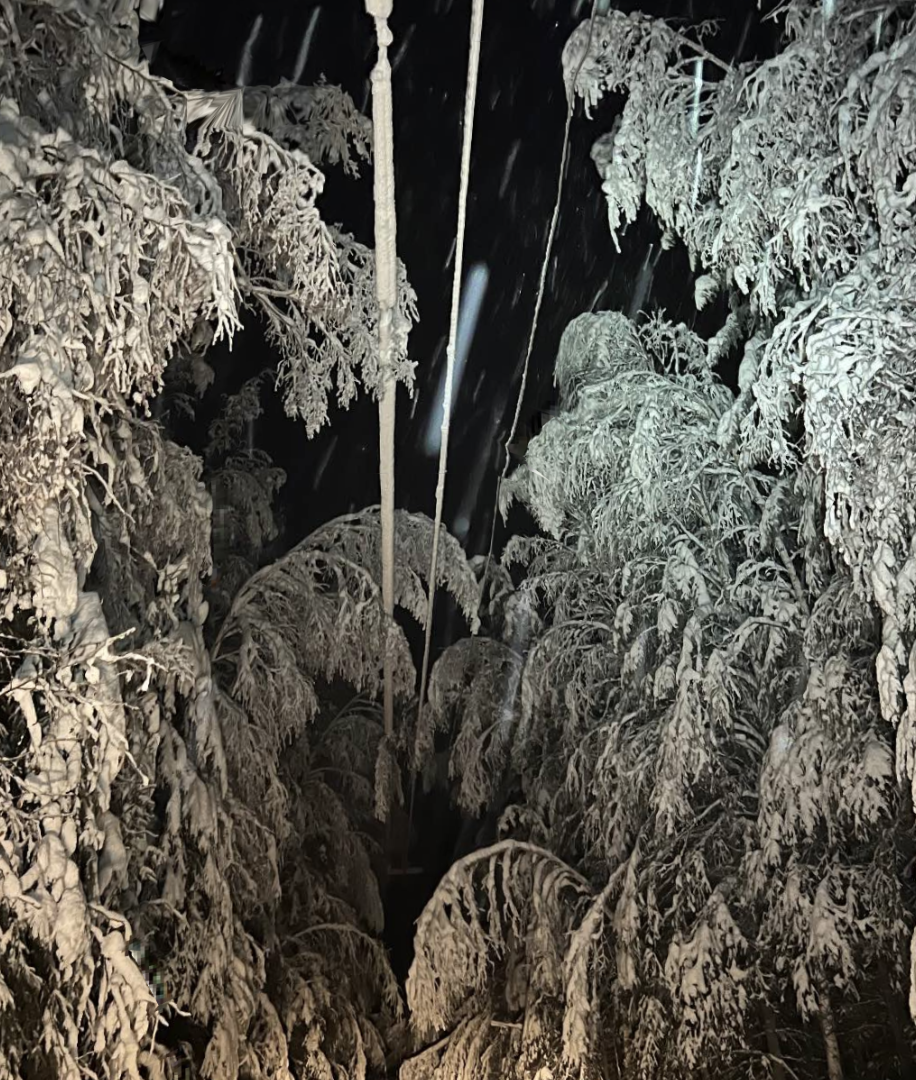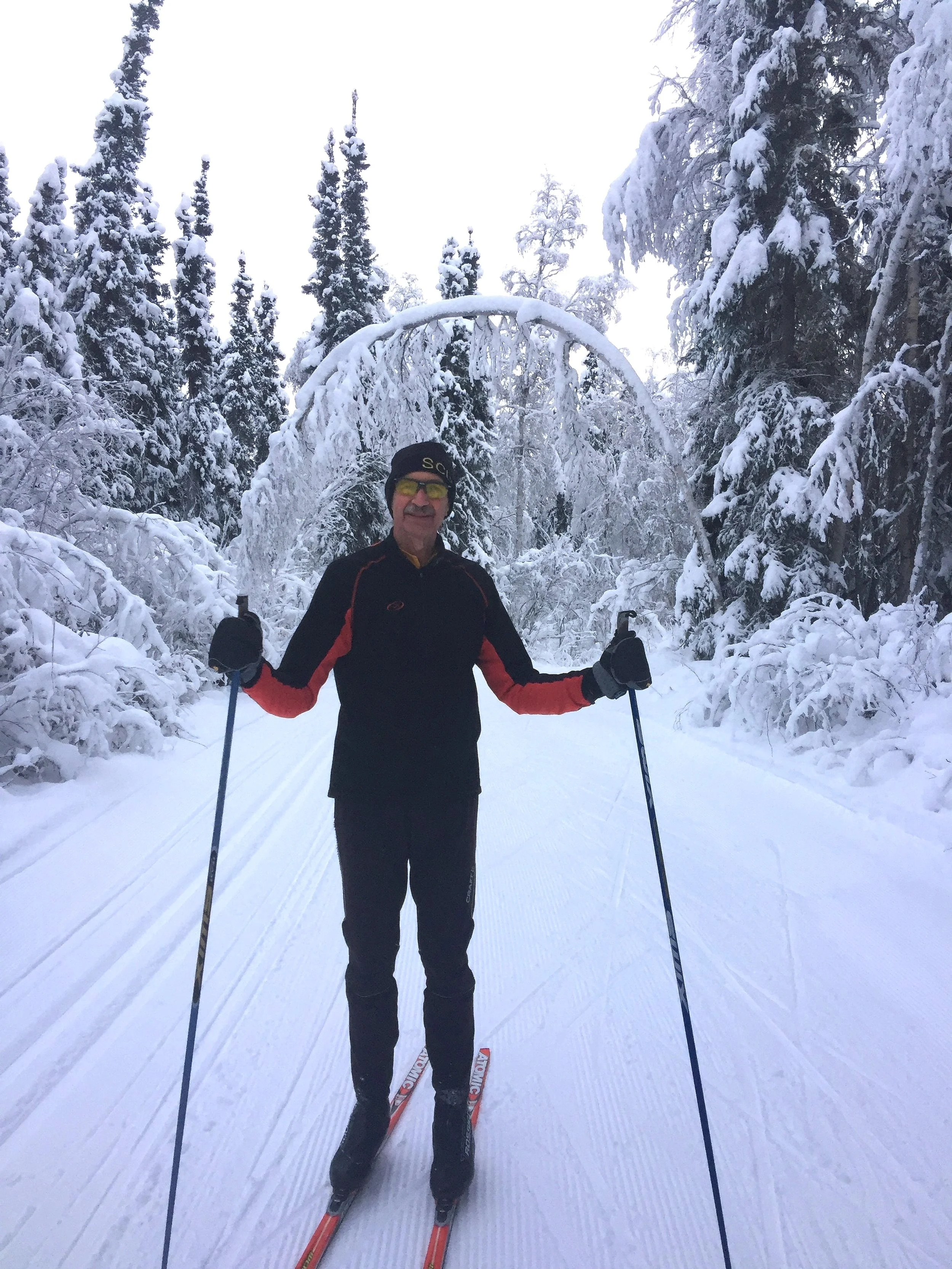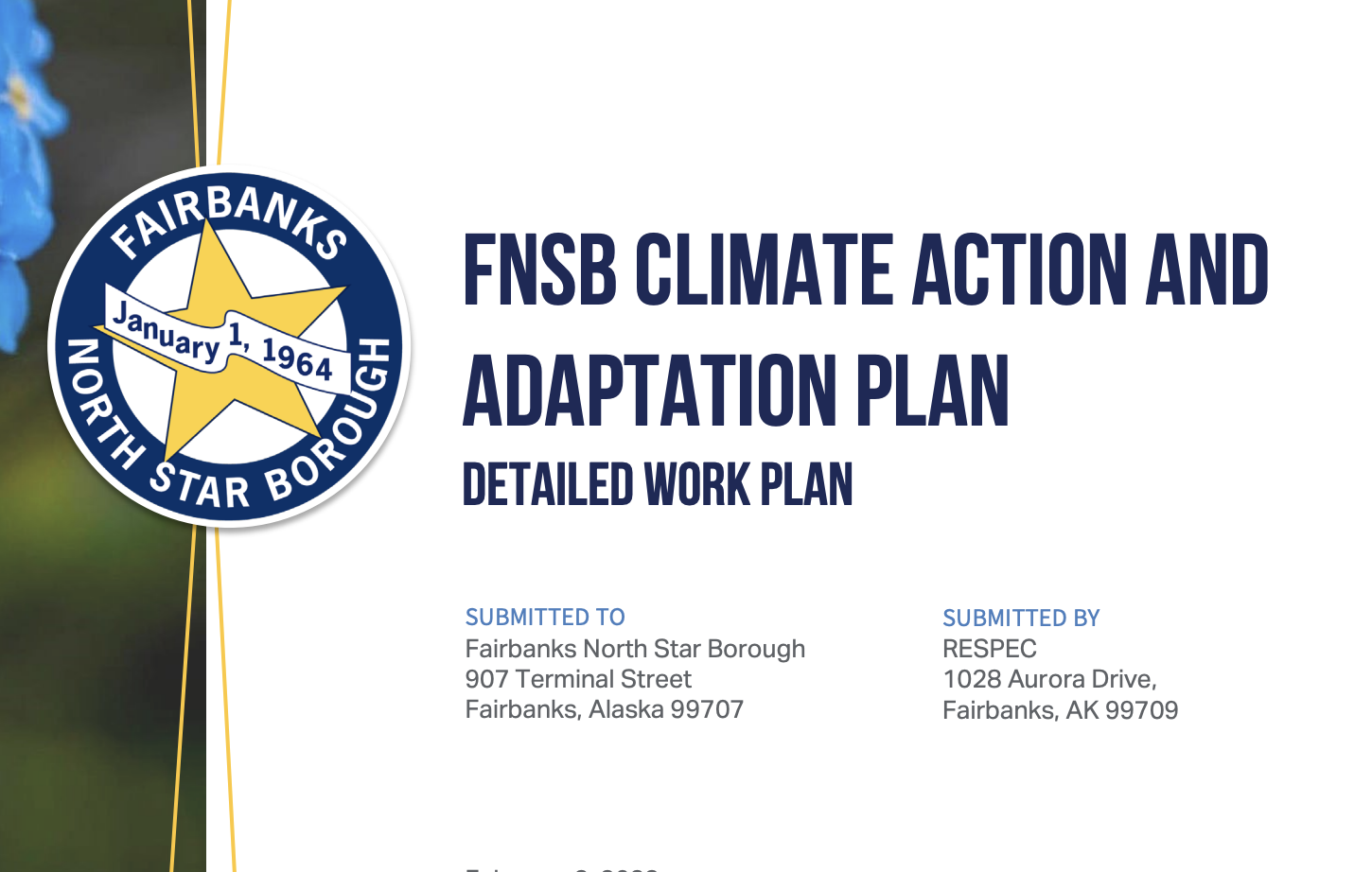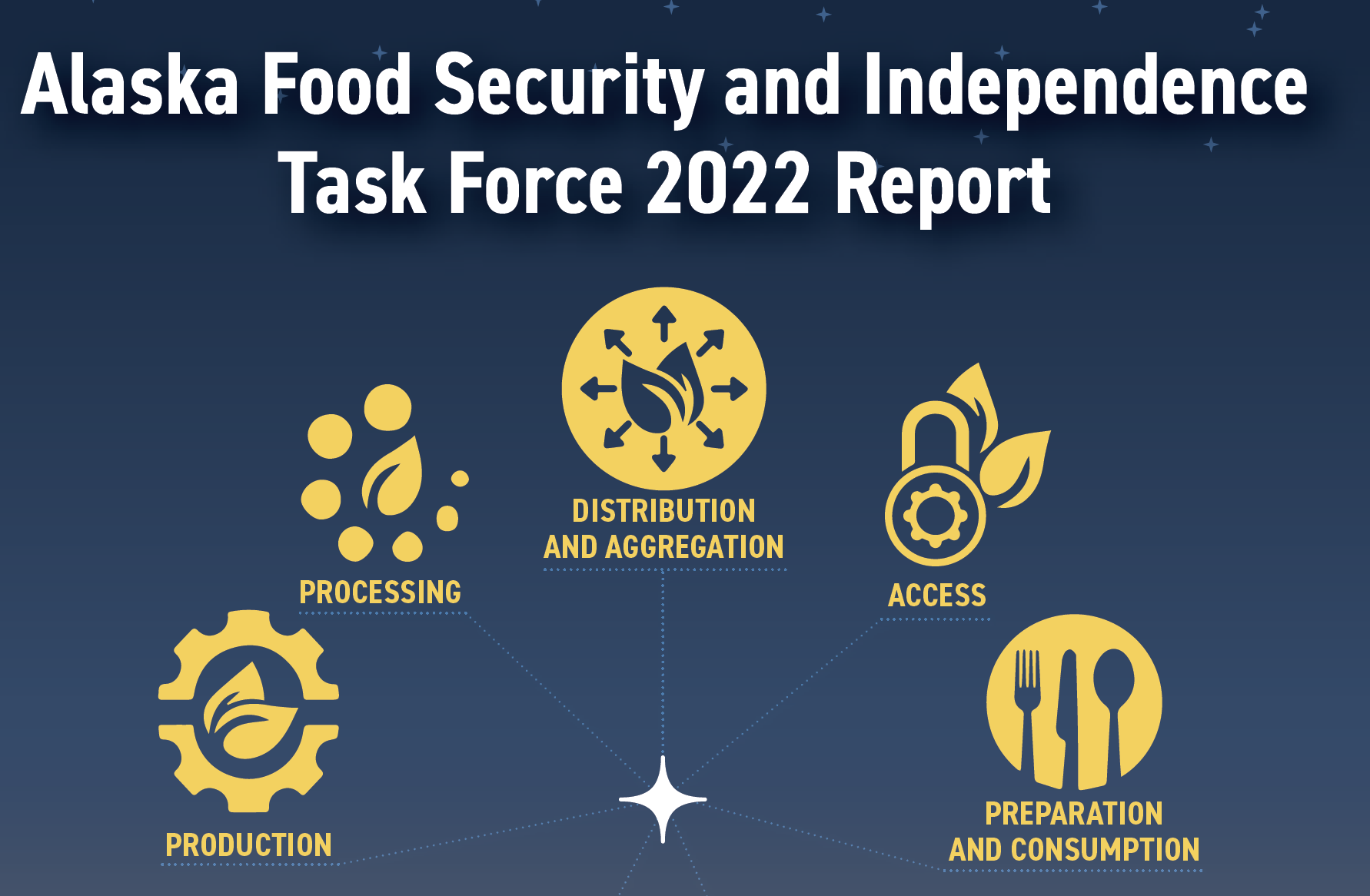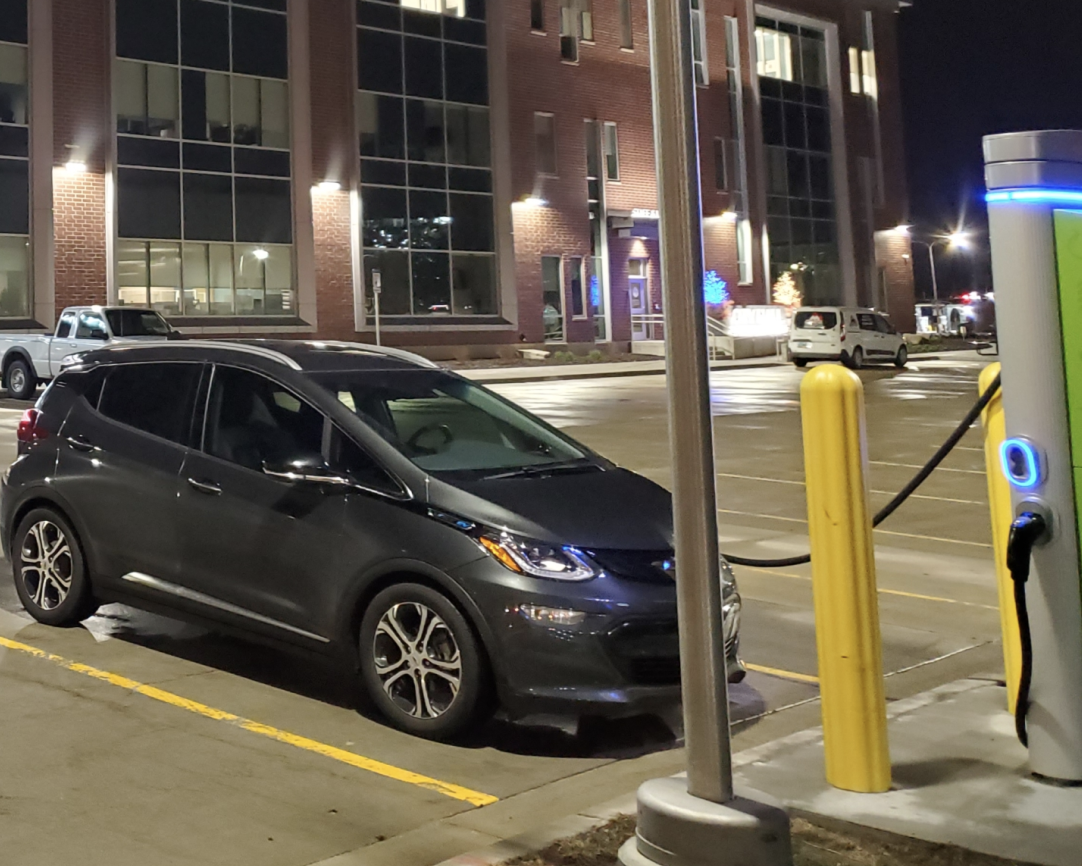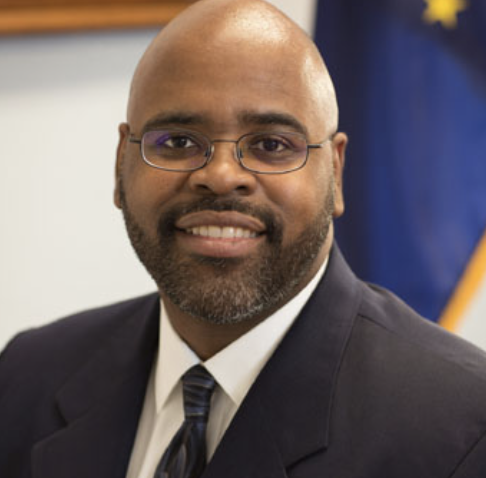The Dunleavy administration is taking political lessons from George Santos, the current master of “embellishment.”
Read MoreThe lack of interest in these sales and the one that took place last spring highlight the need for leadership in Alaska about just how we are going to keep the heat on and the electricity flowing in Alaska’s Railbelt a decade from now. The answer is not at all clear. There is no coherent or practical plan from the Dunleavy administration and the utilities about how to resolve the matter.
Read MoreGov. Mike Dunleavy, seeking an $850 million federal subsidy for a Cook Inlet hydrogen project, claims “Alaska has everything going for it in this competition.”
We don’t know yet why the federal Department of Energy feels otherwise, but it has discouraged the Alaska Gasline Development Corp. from going through the work of a submitting a full application.
Read MoreThe Department of Energy has already told the Dunleavy administration that it doesn’t think much of the state application for an $850 million subsidy for a hydrogen project in Cook Inlet—one of 79 applications competing for billions in federal grants. After reviewing all of the competing proposals, the DOE said it has discouraged the Alaska Gasline Development Corp. from submitting a full application.
Read MoreIn 1993, my twin brother researched and wrote a report for the University of Alaska on the last traditional land-grant college in the United States, a publication he called “A Land-Grant College Without the Land: A History of the University of Alaska’s Federal Land Grant.”
After a landmark decision this week by the federal government, it will no longer be the land-grant college without the land.
Read MoreGov. Mike Dunleavy is jumping on the carbon sequestration bandwagon, pitching it as the next best thing to free money, a cash cow that no one will oppose.
“The reason we landed on this is it doesn’t gore any ox,” Dunleavy said at a budget press conference when asked why he chose carbon sequestration as his single option for raising new revenue for the state.
Read MoreGov. Mike Dunleavy plans to reorganize the state law department to promote his political attacks on the Biden administration, hiring more contract lawyers and transferring 52 state employees into a new “Statehood Defense and Resource Development” office within the department.
Read MorePart of the DOT maintenance plan in Alaska is that “callers/complainers are directed back to their legislators to advocate for additional funding for maintenance.” The callers should be directed to Dunleavy, not to legislators.
Read MoreThe Fairbanks borough assembly, which had refused to certify the Two Rivers election creating a service area—after a crowd packed the room Thursday to complain—reversed itself and approved the election 5-3 Friday. The assembly would have lost this case in court, a certainty that the right-wing majority refused to accept.
Read MoreThe borough assembly set a terrible precedent Thursday by rejecting the results of a local election, claiming it was because an error appeared in a story in the Daily News-Miner regarding the effort to start a fire service area in Two Rivers. The newspaper error is a cover story. The assembly overturned the election because a crowd showed up to complain about the election results.
Read MoreMissing from the budget are key items such as an increase in the state education formula to deal with inflation, that would add hundreds of millions to the deficit. Dunleavy was more than a little irritated and defensive when public radio reporter Wesley Early asked him about why he didn’t propose an increase in education funding to offset inflation.
Read MoreI recommend the letter to the editor in the Daily News-Miner today by Assembly member Savannah Fletcher, who has been removed from a seat on the local transportation planning committee by right-winger Aaron Lojewski, the new presiding officer of the assembly.
Read MoreGov. Mike Dunleavy’s constant repetition of the claim about saving billions—which sounded like a chant to the gods that control oil prices—did not make it more true. It was all based on guesswork made last spring and summer when oil was selling for more than $100 a barrel, but he didn’t dare admit that even though there were clear signs in October that he was wrong.
Read MoreThe rain came last month and the weeping winter birch trees followed. Soon, perhaps even now, we will stop kidding ourselves about what is “seasonable” in Fairbanks, where no longer is the cold guaranteed.
Read MoreAbout 20 minutes into the 15-kilometer Frank Soos memorial ski race Saturday, I found myself abandoned.
That happens when you go a lot slower than everybody else.
Being alone for the next hour or so gave me the chance to think about Frank, who told me he sometimes used his time alone on skis to find the exact words or images he needed to improve whatever writing project was waiting at home.
Read MoreSen. Mike Shower takes a graphic of misleading headlines that began with an online conspiracy group and uses it to confirm what he thinks he already knows about climate change.
Read MoreOn Wednesday, Aaron Lojewski replaced Kevin McKinley with Terry Chapin, one of the former members of the assembly climate action committee who had been summarily dismissed by Lojewski in November for no good reason.
Chapin is an internationally recognized scientist and author from Fairbanks who will be an asset to the new committee, no matter what shape its final report takes. He is a even-tempered person with plenty of patience and is an expert in this area.
Read MoreDunleavy’s superficial approach to “food security,” which he expounded upon during his campaign, is that the state’s role is to make land available to individuals and the future farmers will do the rest. A good counter to this Dunleavy fantasy is the new draft report from the 22-member food task force Dunleavy created—the report shows just how complex and difficult it will be to deal with food security in Alaska. The report is a good one.
Read More“Beyond Calgary the trip became very mountainous, with far fewer chargers. How did the EV handle the mountainous roads? How was it possible to charge on the famously remote and infrastructure-scarce Alaska Highway?”
Read MoreOne of the benefits of ranked choice voting is that the power of extremists to wield power over other Alaskans has been greatly reduced. Some in the Alaska Republican Party don’t know it yet, happily censuring their way to oblivion and alienating their neighbors.
Read More
